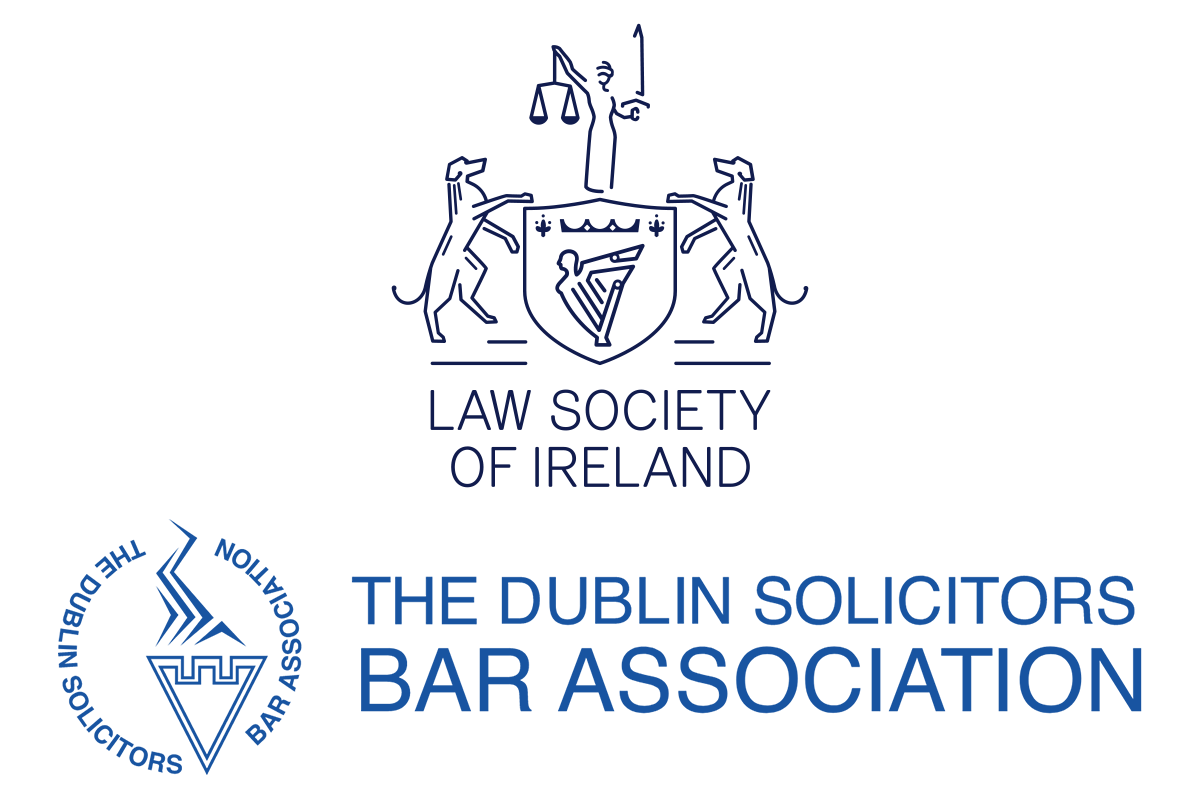Citation
Mocanu (a minor suing by her father Petru Mocanu) v Health Service Executive [2025] IEHC (High Court, approved settlement, 19 June 2025)
Court
High Court of Ireland
Presiding Judge: Mr. Justice Paul Coffey
Parties
Facts
On 23 July 2022, seven-year-old Ariana Mocanu presented to University Hospital Galway with symptoms of acute abdominal pain, vomiting, and nausea. Despite her father raising concerns regarding possible appendicitis, she was diagnosed with a urinary tract infection (UTI), prescribed antibiotics, and discharged after midnight.
The following morning, Ariana returned to hospital with worsening symptoms. Imaging revealed a ruptured appendix and secondary peritonitis. She required open surgery and spent several days recovering.
Her parents alleged that Ariana’s condition was negligently misdiagnosed, leading to unnecessary suffering and risk of severe complications. Proceedings were issued against the HSE for clinical negligence and breach of duty of care.
Issues
Decision
The matter was resolved by way of a settlement, without admission of full liability. The HSE admitted that Ariana had been misdiagnosed during her initial hospital visit but contested that earlier intervention would have prevented the rupture, claiming surgery would not have occurred before the appendix perforated regardless.
Despite this, the court approved a compensation settlement of €64,000, deeming it a fair and reasonable amount for the injuries and distress suffered.
The hospital issued a formal written apology, read in court, expressing regret for the incident and wishing Ariana well in her recovery.
Reasoning
Though not a full judgment on the merits, the case illustrates the court’s consideration of:
Mr. Justice Coffey noted that the settlement was in Ariana’s best interests and approved the agreed amount under the court’s role in safeguarding minors’ compensation awards.
Significance
This case reflects growing judicial and institutional recognition of diagnostic shortcomings in paediatric care. It underscores:
The case also highlights the increasing use of apologies in medical negligence claims, not as admissions of full liability, but as gestures of accountability that can promote closure for affected families.
Comment
From a legal practitioner’s perspective, Mocanu v HSE reinforces the importance of acting swiftly on behalf of minor plaintiffs in medical negligence claims. The matter was handled with sensitivity, and the outcome demonstrates the capacity of civil litigation to not only secure compensation, but also to hold public healthcare systems to account—particularly where procedural safeguards, like considering differential diagnoses or honouring clinical escalation protocols, may have failed.
The use of a formal apology may signal a broader trend within Irish healthcare litigation towards restorative justice elements in clinical negligence proceedings.

